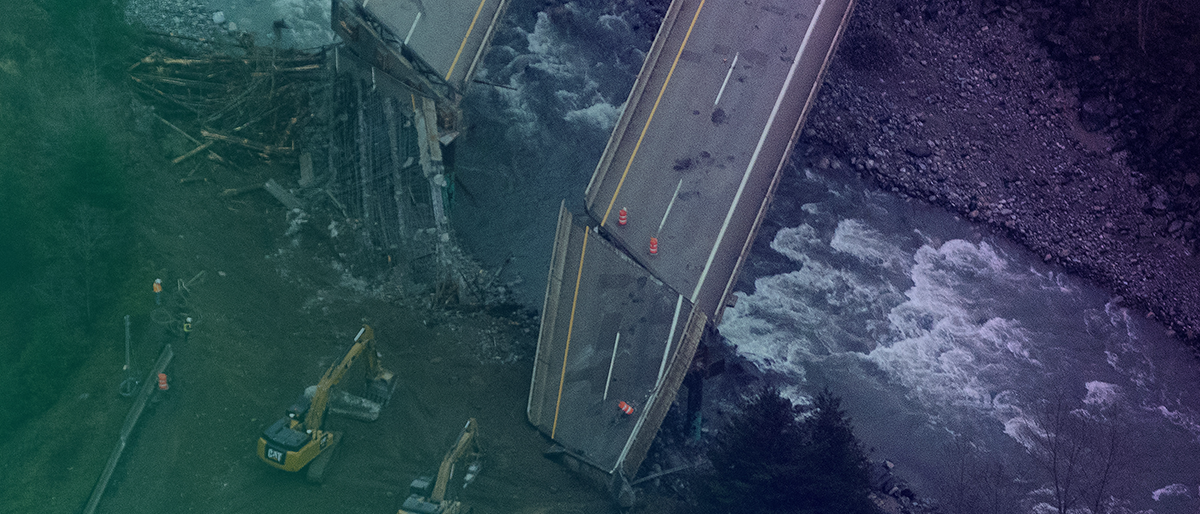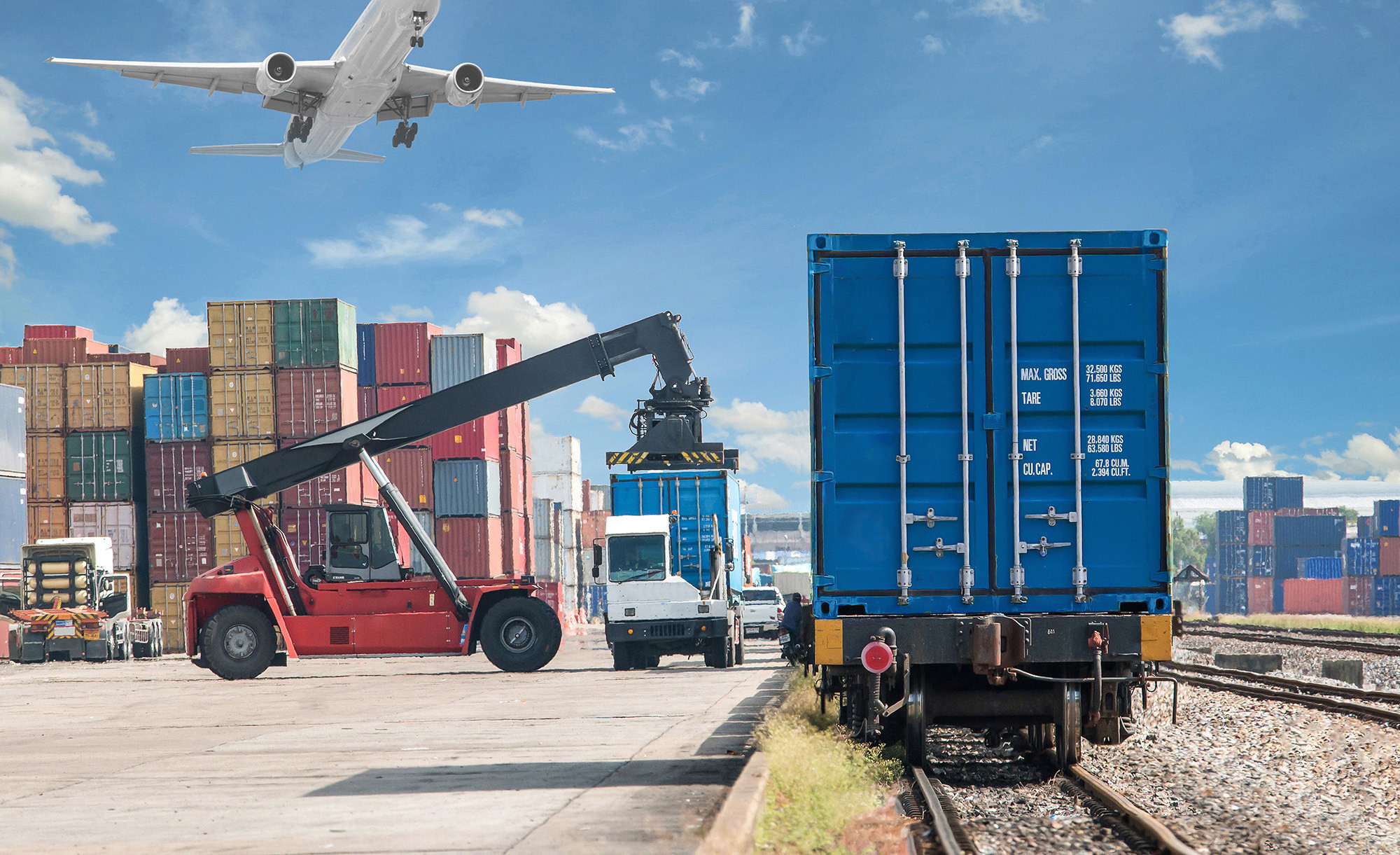Critical transportation infrastructure vulnerabilities place lives and prosperity at risk, Senate report finds
Ottawa – Canada is not ready to face the consequences of climate change on its transportation hubs and supply chain network, which threatens public safety and the country’s long-term economic prosperity, the Senate Committee on Transport and Communications said in its latest report.
Critical transportation infrastructure across the country is vulnerable to extreme weather events. In the East, a vital rail corridor connecting Nova Scotia with the rest of mainland Canada is in danger of washing away as sea levels rise and violent storms occur more frequently, putting at risk residents and the transportation of $35 billion per year in goods and services.
Out West, roads and railways servicing the Port of Vancouver — which sustains more than 115,000 jobs and enables the trade of more than $300 billion in goods each year — are also vulnerable to extreme weather events. To reduce its risk of sinking into the ocean, the Vancouver airport is raising the dykes that protect it from flooding, erosion and potential seismic events.
Meanwhile, the North — already lacking in transportation infrastructure — is facing new challenges brought on by melting permafrost that threatens road networks and airports. Forest fires have also damaged rail lines. The season for ice roads, which are vital to many remote communities and mining companies, has grown increasingly short.
The federal government must act urgently to strengthen Canada’s critical transportation infrastructure or risk catastrophe. The private sector is already engaged in climate change mitigation, but national efforts must not be siloed. The committee’s recommendations include that the government plan for and fund protection of transportation infrastructure and work with provinces, territories, municipalities, Indigenous communities and the private sector to ensure emergency plans and supplies are in place in case of an extreme weather event.
Quick Facts
- The committee’s report, based on hearings held over two years, focuses on four case studies across the country: the Chignecto Isthmus in Eastern Canada, Canada’s North, Vancouver’s airport and marine port, and the Great Lakes St. Lawrence Seaway. Floods, forest fires, landslides, storms and melting permafrost are just some of the climate threats facing these vital national transportation links.
- The St. Lawrence River is a major seaway that flows out of the Great Lakes and is a key economic driver in Ontario and Quebec. Challenges facing the seaway and its surrounding areas include warmer temperatures, unpredictable water levels and reduced ice cover, which results in shoreline erosion.
- Northern Canada suffers from a substantial infrastructure deficit that is detrimental to the well-being and economic development of the region’s communities. Climate change in the North is occurring faster than anywhere else in the country.
Quotes
“This study showed that the relationship between critical infrastructure and the impacts of adverse environmental events is a two-way street. It also makes clear that private interests are doing a better job than the federal government in taking mitigating actions; and they’re doing so responsibly, as part of their business plan, versus the government’s approach of just making everything more expensive for Canadians.”
– Senator Leo Housakos, Chair of the committee
“Climate change is happening and it’s only going to get worse. Canada is in no way ready for what is to come. Our committee has made 10 recommendations to the federal government that will give us a chance to prepare.”
– Senator Julie Miville-Dechêne, Deputy Chair of the committee
Associated Links
- Read the report: Urgent: Building Climate Resilience Across Canada’s Critical Transportation Infrastructure.
- Follow the committee on social media using the hashtag #TRCM.
- Subscribe to e-mail alerts for Senate committees.
- Sign up for the Senate eNewsletter.
For more information:
Sabryna Lemieux
Communications Officer | Senate of Canada
343-598-3547 | Sabryna.Lemieux@sen.parl.gc.ca





